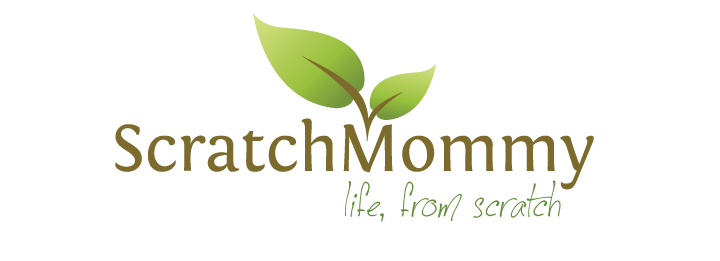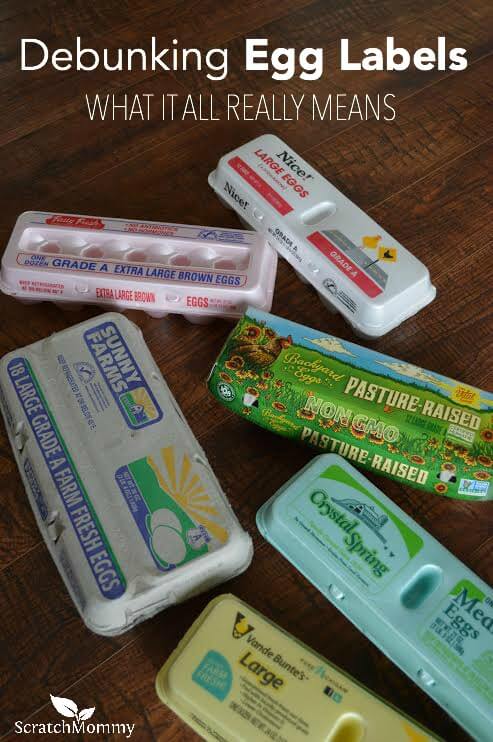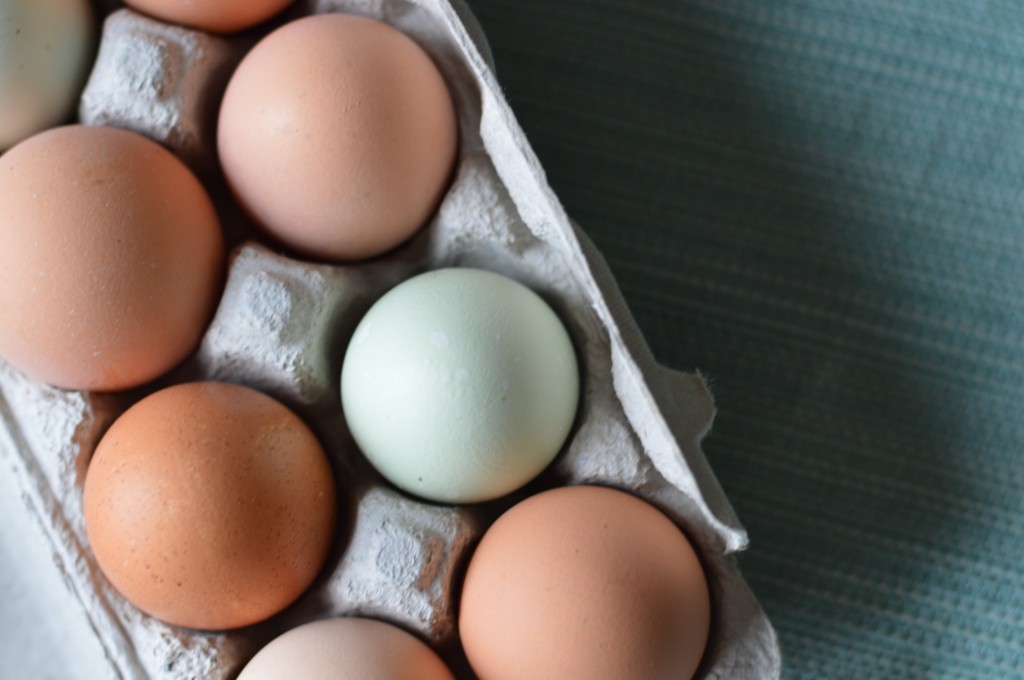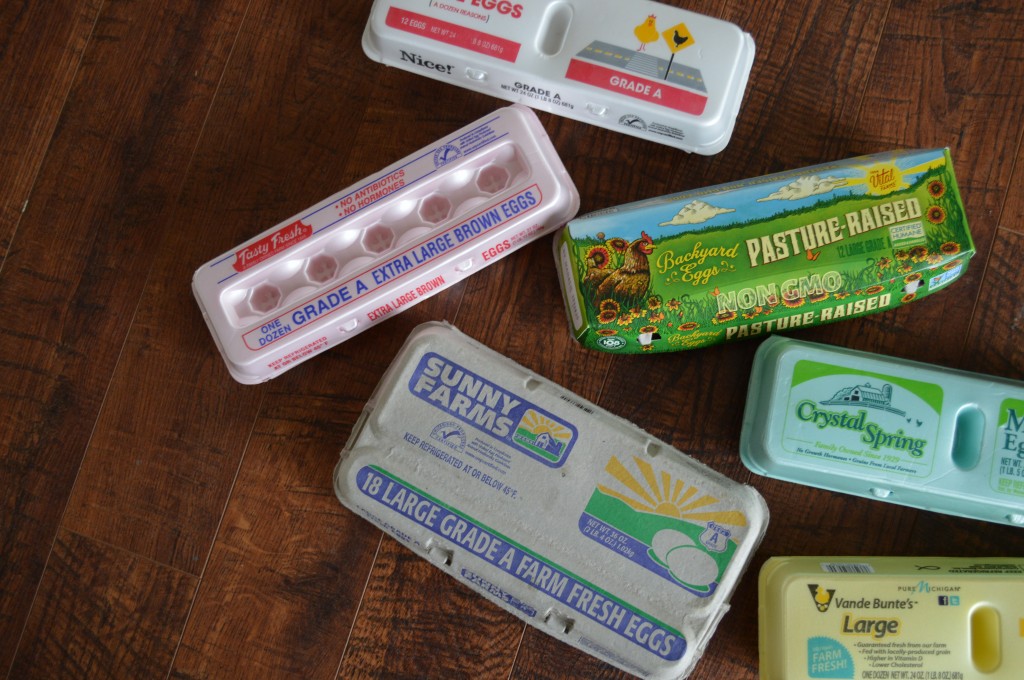Because of an unfortunate incident with coyotes around the New Year, I currently don’t have backyard hens. It was super sad because I loved my ladies and their fabulous eggs. Those five little birds had made our backyard a home for the last two years.
But, that’s life on the farm, I suppose.
I took comfort in the fact that they were doing what they loved to do: roaming around our large yard, looking for bugs, and taking dust baths.
So, while that makes me feel a little better, I can’t help but to still feel a little twinge of sadness… and frustration.
It was so easy to know that the eggs that I ate for breakfast almost everyday were the best I could possibly have.
They didn’t require any fuel to get to my table. They were chock-full of extremely healthy nutrients and vitamins. And, there were even somedays where I would pick up a just laid egg in the coup and it was still warm. It really doesn’t get any more fresh than that.
But, instead of enjoying the super fresh eggs that I knew just about everything about, I have now found myself back in the ever-confusing egg aisle, staring at cartons that boast “All Natural, “Cage Free,” and “Organic” questioning everything.
Sure, those labels are nice and they may even make you feel pretty good. But, there is so much to those labels and, often times, they paint the illusion of something that isn’t 100% true. Debunking egg labels can seem a bit daunting and confusing so I’ve broken it down for you.
Here’s the truth:
Cage Free– A term established by the USDA meaning the chickens have been raised without cages. They can walk around and flap their wings. But, don’t be fooled: This doesn’t necessarily mean that they have access to the outdoors. They can be “cage-free” in a barn and never see the light of day.
Free Range– This term was also established by the USDA. It means that the birds are cage free, with access to the outdoors but there are no regulations on how long they are outside, the conditions of the outdoors, if they ever even go outdoors, or what the chickens eat.
Pasture Raised– This is not a term regulated by the USDA. It means the chickens feed in a pasture and eat a diet of bugs and grasses in addition to feed. It might also mean that the hens are possibly fenced in or kept in a pen.
Natural– Sounds nice… but this really doesn’t mean anything. Until eggs are created in petri dishes, all chickens and eggs are natural because they are not a processed food. There are no regulations surrounding this term.
Farm Fresh– Another label that sounds nice, but means nothing. There are no regulations nor does it have anything to do with the chicken’s welfare or egg quality. Blame this one on marketing.
Organic– This is regulated by the USDA and means that the chickens were fed feed that had no contact with pesticides and fertilizers. There are no regulations for the conditions the hens live in. Keep in mind that all egg laying chickens are hormone free. This is based on a USDA regulation. They are given antibiotics if they are ill, but that is all that is permitted.
Now that I am back in the egg market and knowing what I know now about egg labels, I choose pastured eggs. Pastured eggs are easy to find at most natural food stores.
Another option is to seek out people who have been bit by the backyard chicken bug. A quick post on Facebook lead me to a handful of nearby families that had plenty of eggs for sale as long as I had my own carton and could pick them up.
Websites like Home Grown Cow and Eat Wild help connect consumers with growers in their area and are great resources when looking for pastured eggs from happy birds near your home.






Comments 2
Thank you for the information. Can you tell me anything about eggs that are “certified humane”?
Author
Hi Chris! Good question! Certified Humane labels can be found on meat and dairy as well and it means that the animal received humane treatment, living conditions and slaughter. It’s verified by an organization called Humane Farm Animal Care. It’s good because it requires that there are things like minimum space requirements to reduce an animals potential stress. But, it’s also a little “loose” because it does not have any standards for access to the outdoors. Eggs may be “certified humane” but the hens may have never seen the light of day.